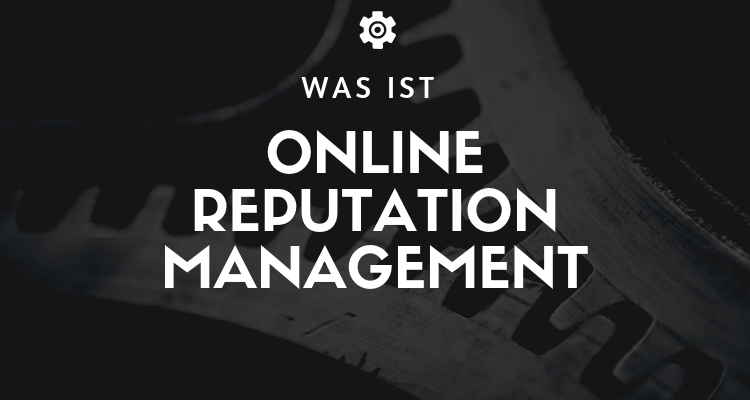What is Online Reputation Management (ORM)?
Online Reputation Management (ORM) means taking control of your online representation. Its techniques and strategies ensure that people find the right materials when they search for you on the Internet.When implemented well, online reputation management creates a positive representation on the web, counteracts misleading content and allows you to show your best side.
Why should you care about your online reputation?
Well, you may not think people are looking for you, but chances are they are. Common reasons include:
- Employers conducting a pre-survey
- Landlords in the search for potential tenants
- Children looking for details from the "real life" of their parents.
- Curious significant others, past and present
- Former colleagues who want to share career opportunities.
- No matter how "under the radar" or "lowkey" your lifestyle is, there is a huge amount of information about you online and people are seeing it.
If someone writes something negative about you online, it can seriously damage you in the long run. This is especially true if you don't know. You may never know why you didn't get the apartment you wanted, or why a job offer never materialized after that phenomenal interview.
It's important to keep track of what people are saying about you online, and then take steps to correct inaccuracies.
What they should know about online reputation management:
- All Search results are generated algorithmically. Your online reputation is determined by complex calculations that are automatically performed by computers. After all, no one has time to manually sort through all the information that's out there, so search engines and social media sites make educated guesses about what people will find interesting.
- Popularity outweighs facts. No algorithm can tell if information accurately reflects you or not, so popularity becomes the most important measuring stick. That's why embarrassing party photos, frivolous lawsuits that were dismissed years ago, and other types of irrelevant but fascinating "Clickbait Content" is often the online reputation.
- What have you learned from point 2? That's right, don't keep clicking on unwanted posts. It can be tempting to keep revisiting the negative pages in your search results. Don't do this. This tells the search engines that the page is relevant and pushes it up in the results. For the same reason, you shouldn't tell all your friends to visit the page. And under no circumstances should you link to it on social media or from another website.
- Don't get involved with critics. If someone writes something unpleasant about you, don't write back, post a comment, or reference the offending item in online media or the like. All this does is draw more attention to the problem you don't want to see. There is also the risk that truly malicious people will take your response disapprovingly and turn the words against you. Why are you giving them extra ammunition? It's better to combat their taunts with radio silence.
- Create positive Content, or set the record straight. Sie können nur die Materialien bewerben, die es tatsächlich faktisch gibt. Das bedeutet, dass Sie eine solide Basis an positiven und wahren Inhalten benötigen, um Ihre Online-Reputation zu verbessern. Sie können dies selbst in gewissem Umfang in die Hand nehmen. So starten Sie zum Beispiel einen Blog, veröffentlichen Sie YouTube-Videos, etc. – aber Sie benötigen möglicherweise ein Publikationsteam oder einen SEO Experten, um die Search results influence.
- Use social media smart. Not on Twitter? Register with your full name as a nickname. Are you active on LinkedIn? Make sure your resume is up to date. Social media sites often rank well in search results and you control the content they display, so it can make a big difference to your online reputation.
- Protect your privacy. Keep track of personal data about you posted online. Disable services that sell your personal data and remove your data from people search sites. This makes it less likely that sensitive personal data can be used to abuse your online reputation.
- Assume everything takes forever. If something has been published online, it may be part of your permanent online reputation. The Search results are not organized chronologically, so that old news, outdated information and stories from years ago continue to be a Ranking if they are considered relevant by search engines. This can work for or against you.


